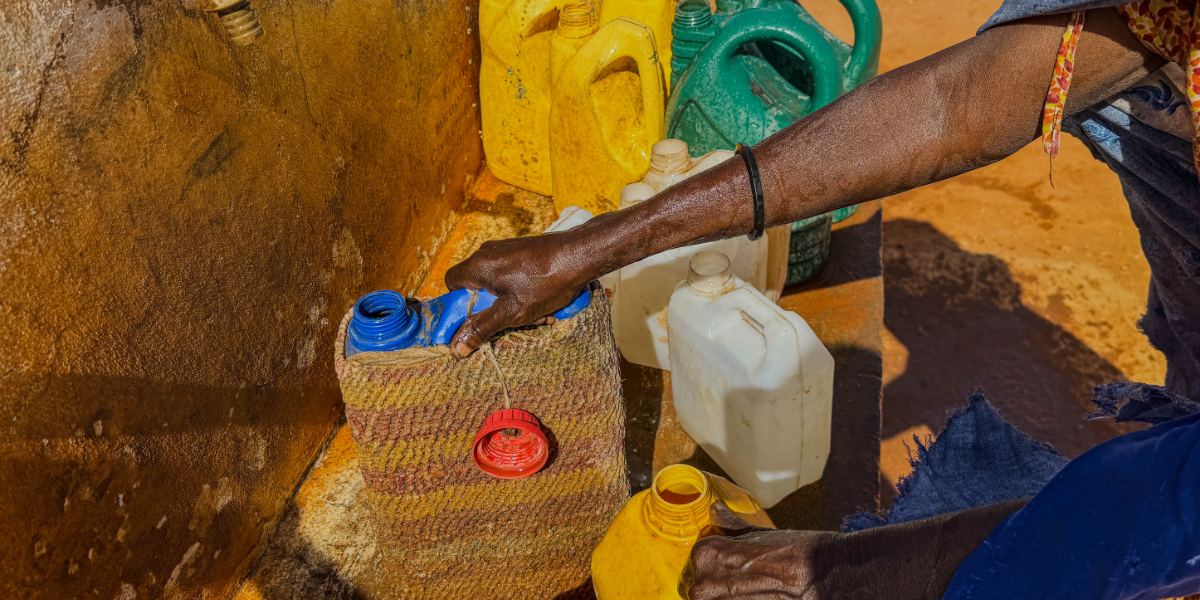
Somalia: Failed rains and donor neglect fueling health emergency
January 20, 2026MOGADISHU/NAIROBI, 19th January 2026 - Somalia is facing a severe health and nutrition crisis following consecutive failed rainy seasons, soaring water prices, and drastic cuts in humanitarian aid. In November 2025, the Federal Government of Somalia declared a drought emergency....
Read more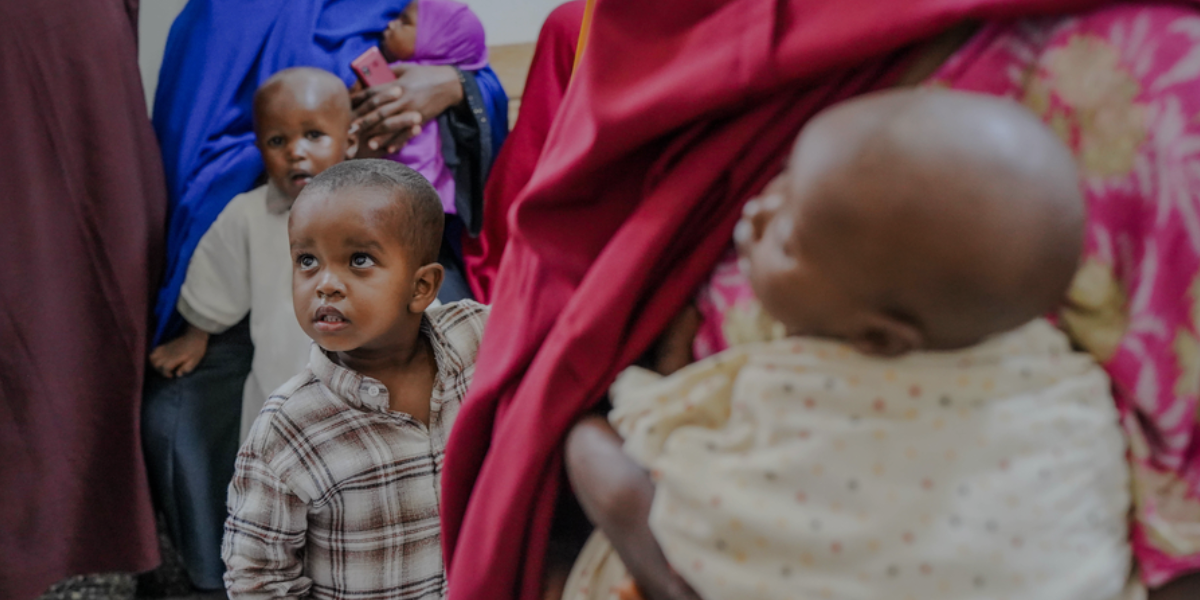
Somalia: Measles outbreak in Baidoa
December 19, 2025Flash quote by Dr Pitchou Kayembe, MSF Head Of Program in Somalia “In MSF-supported Bay Regional Hospital in Baidoa, children are still arriving critically ill with measles and the death toll is continuing to rise from a preventable disease. Our...
Read more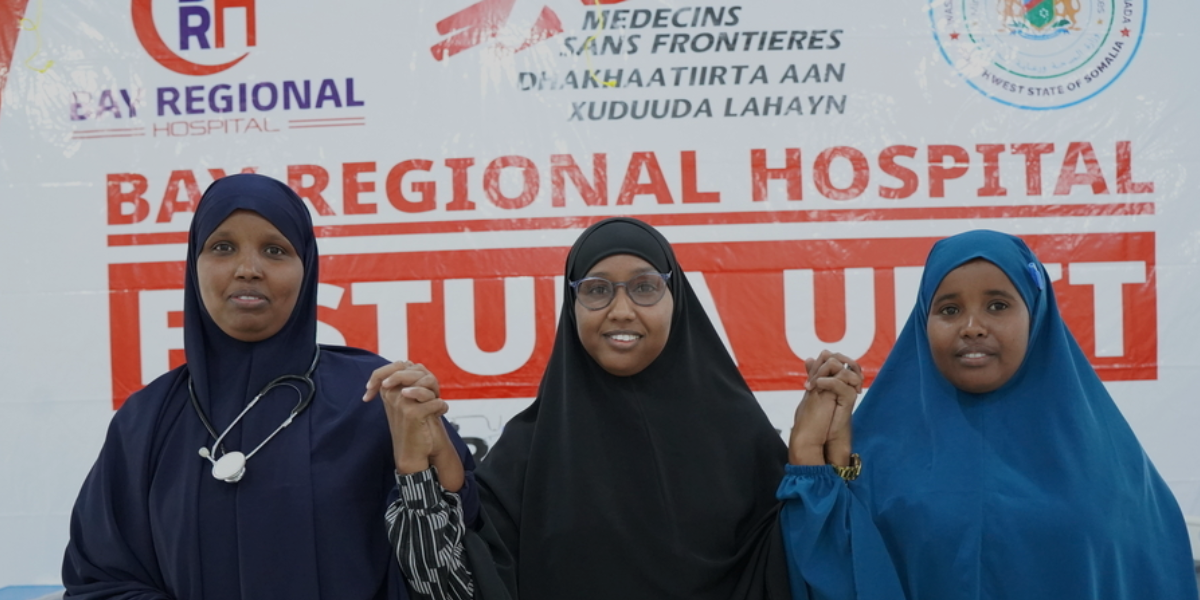
Somalia: New fistula care in Baidoa offers hope for Somali women
November 7, 2025When Faisa Idow went into labour with her first child, she sensed something was terribly wrong. The 23-year-old from a rural village in Somalia’s Bay region endured several agonising days of obstructed labour before being taken to a nearby town...
Read more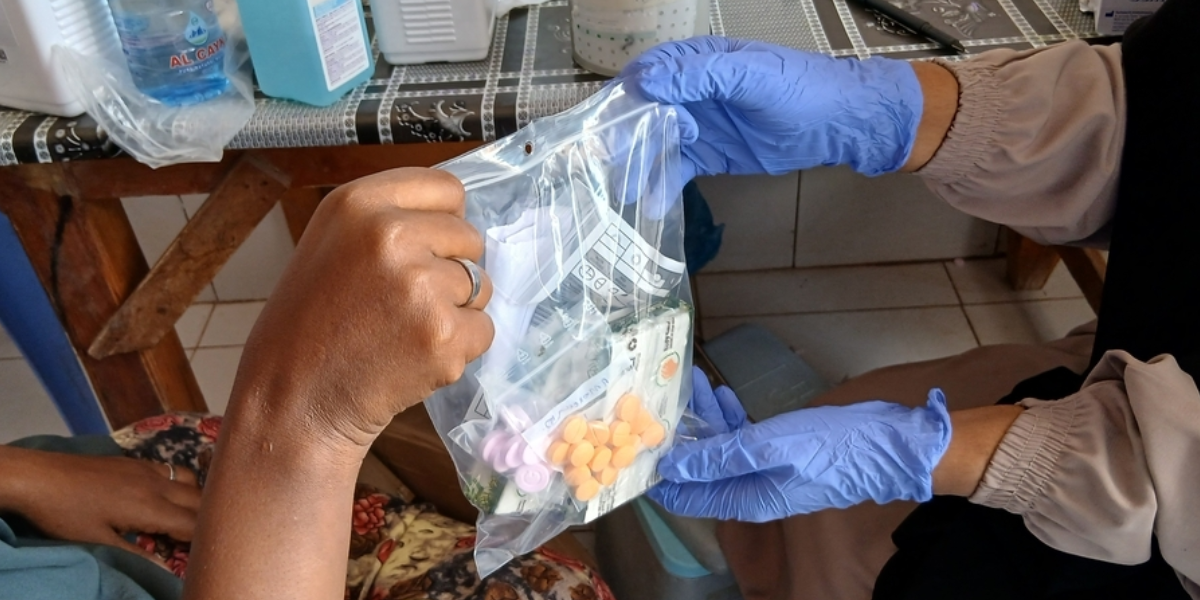
Somalia: Free healthcare offers a lifeline to mothers and children in Mudug region
October 22, 2025When Fatima Abdi Ali, 32, experienced life‑threatening complications in her seventh pregnancy, she and her husband travelled more than 125 kilometres, crossing from Ethiopia to reach Mudug Regional Hospital in Galkayo North. It was the nearest facility equipped for such...
Read more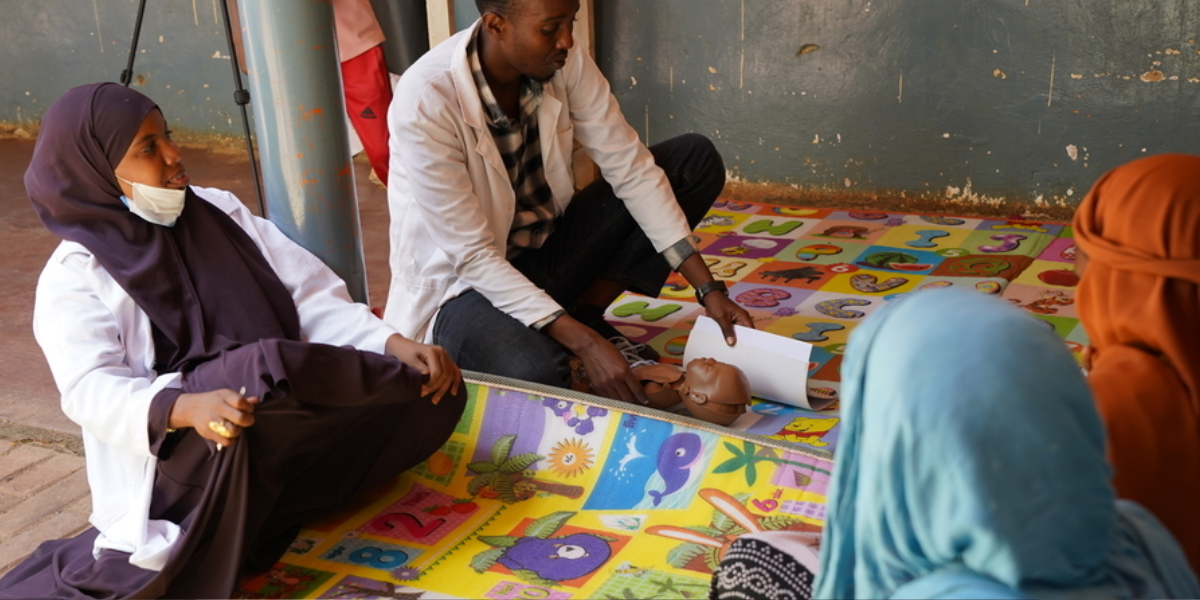
The Silent Queue in Somalia
October 10, 2025By Retsat Dazang: Mental Health Activity Manager, MSF Somalia The woman didn’t come to talk about her mind. She came because she hadn’t slept in weeks and her chest felt tight, “like a hand sitting here.” In our clinics across...
Read more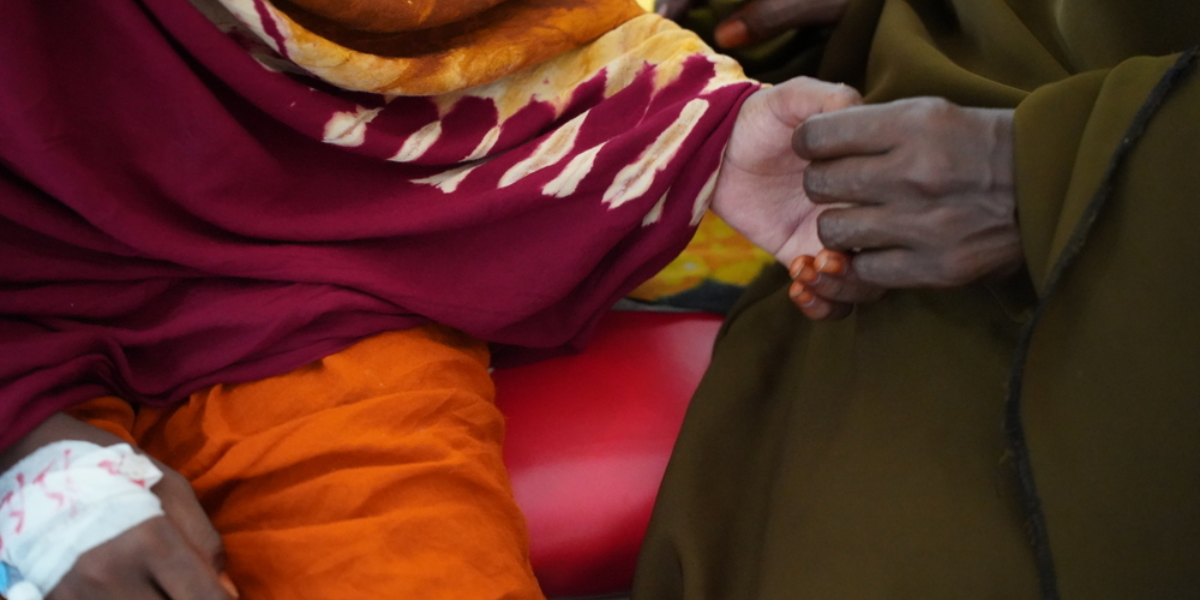
Somalia: Funding gaps and barriers to access undermine healthcare for women and children
August 12, 2025When Aisha* began haemorrhaging, experiencing heavy, potentially life-threatening bleeding, just ten days after giving birth to twins at home in Diinsoor district, her family feared the worst. The hospital where she had safely delivered her previous children was no longer...
Read more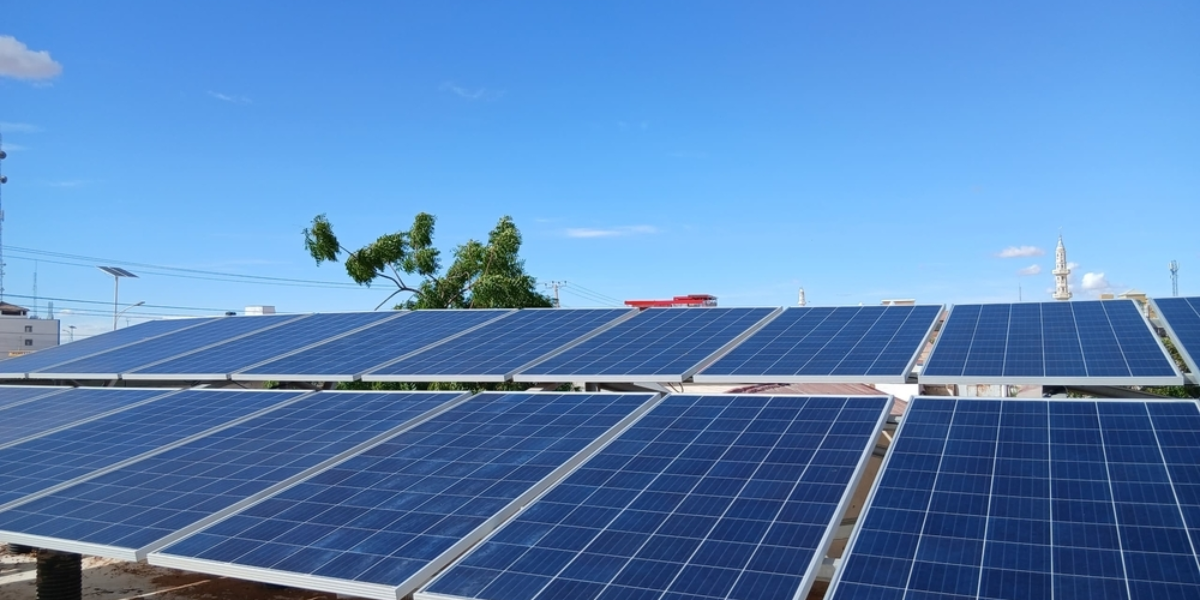
MSF’s green initiative brings sustainable healthcare and climate resilience to Somalia
June 3, 2025Galkayo, Somalia- In a transformative step towards sustainability and improved healthcare delivery, Médecins Sans Frontières (MSF) recently upgraded the solar energy system at Mudug Regional Hospital in Galkayo, Somalia. Launched in October 2024, this ambitious initiative involved expanding and rehabilitating...
Read more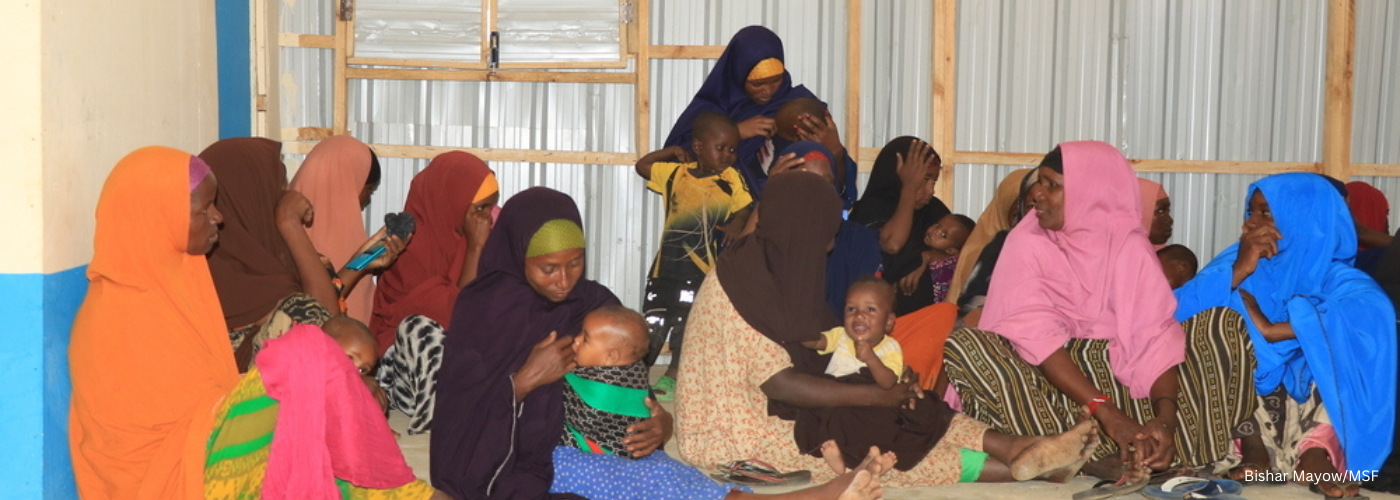
Somalia: The deadly toll of healthcare access challenges for women and children
August 9, 2024Many women and children in Baidoa, Somalia, have to undertake journeys of hundreds of miles to reach medical facilities. To make matters worse, insecurity and violence often lead to delays that exacerbate health conditions and tragically, sometimes even lead to...
Read more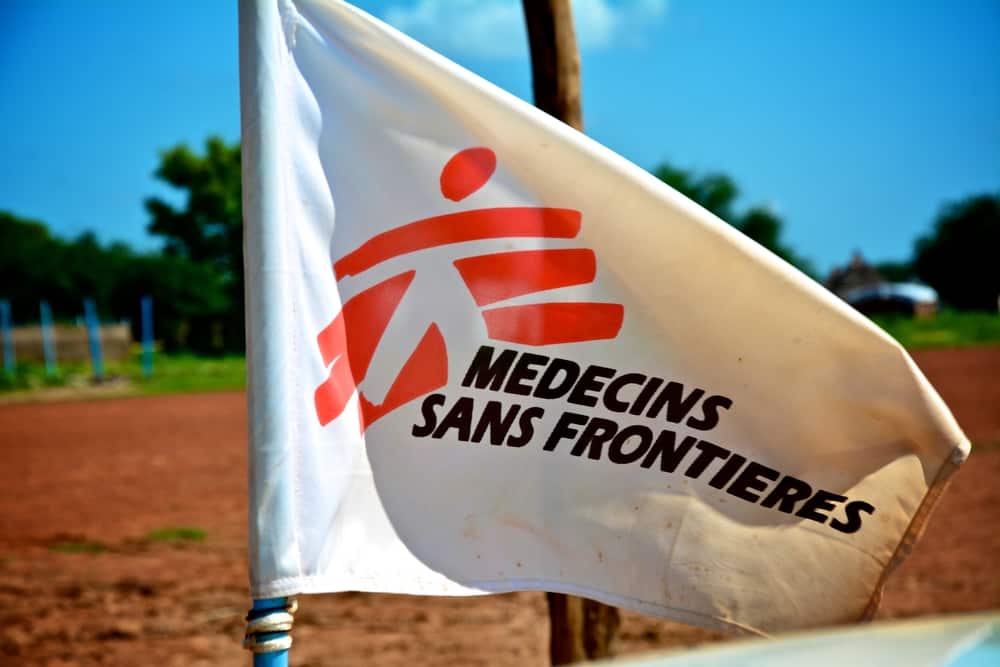
Extreme violence in Las Anod forces MSF to close activities
July 25, 2023Médecins Sans Frontières (MSF) has reached the difficult decision to withdraw our services from Las Anod General Hospital, Sool region, located within the internationally-recognised borders of Somalia,* due to increased volatility and repeated security incidents which have impacted the safe...
Read more
Why is cholera killing hundreds across the Horn of Africa when it is so preventable?
July 14, 2023Cholera outbreaks are occurring with increasing frequency, and lasting for longer, across Somalia, Kenya and Ethiopia. Tetiana Gaviuk, communications manager of the international medical organisation Médecins Sans Frontières/Doctors Without Borders (MSF) questions in this piece why the death toll from...
Read more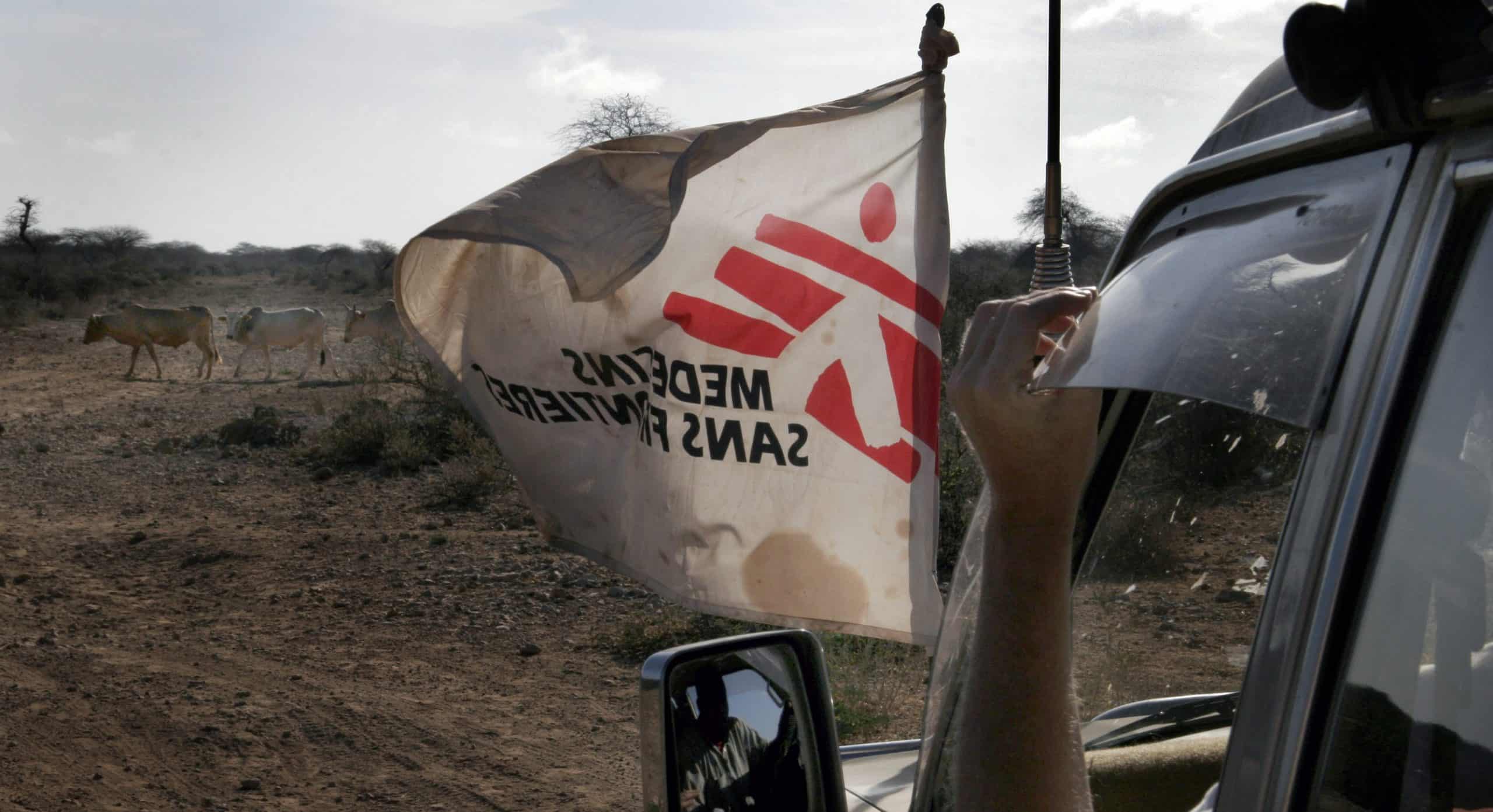
Measles: tackling a deadly endemic disease in Somalia
May 26, 2023As Somalia faces a severe drought and ongoing conflict, children of all ages have become increasingly vulnerable to contracting – and dying from – measles. Although the disease is entirely preventable, measles outbreaks of varying severity have become widespread across...
Read more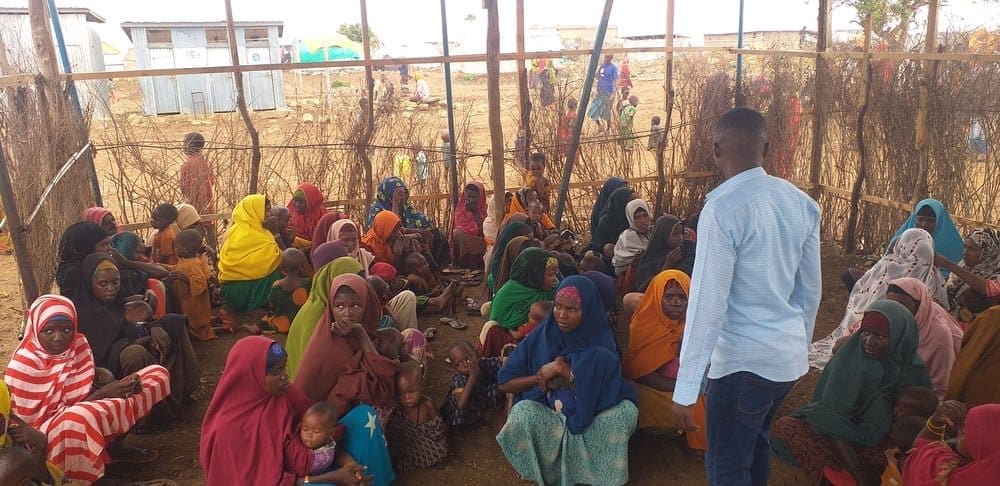
SOMALIA: Malnutrition Crisis in Baidoa First-person testimony Dr Asma Aweis
November 18, 2022"We haven't had enough time between one disaster and another." Dr Asma Aweis Abdallah is the medical activity manager with Médecins Sans Frontières/Doctors Without Borders (MSF) in Baidoa, Somalia. Here she describes the situation the team is responding to. The...
Read more











